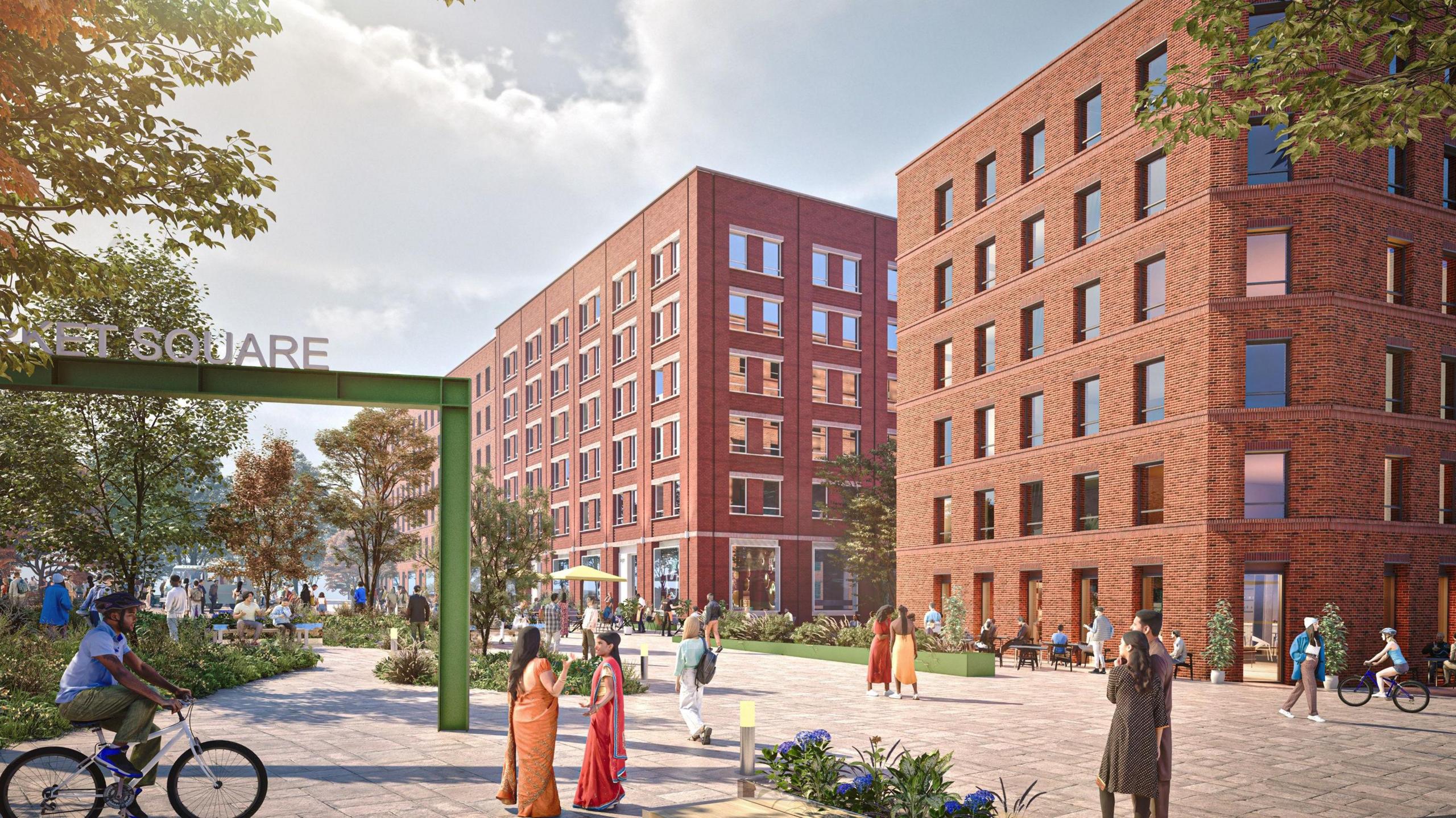Is a city's regeneration welcomed by its pubs and clubs?
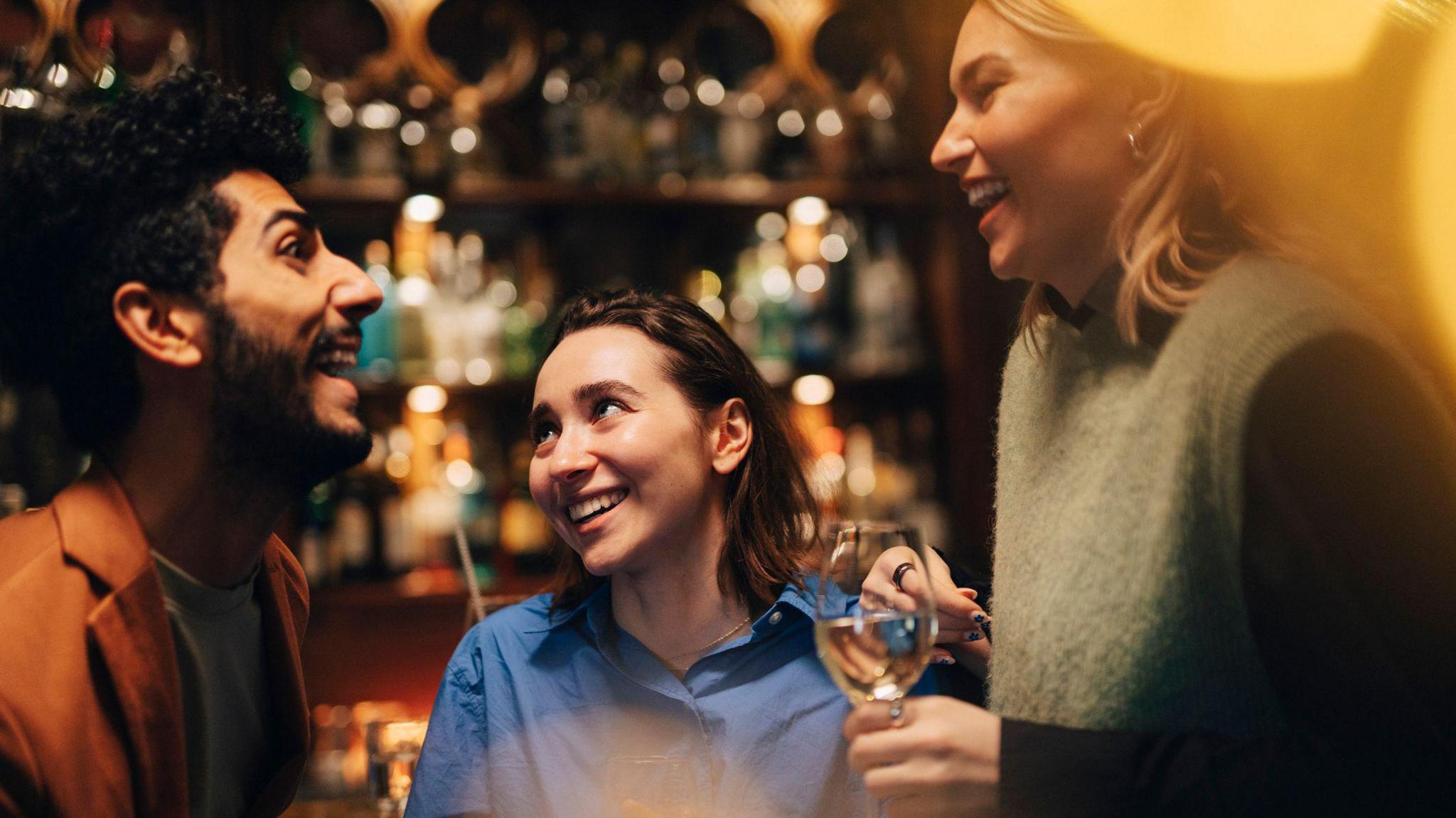
Pubs and clubs in Wolverhampton are concerned the city centre regeneration is affecting their businesses
- Published
Wolverhampton is undergoing major regeneration, introducing canal-side living and plans for retail and entertainment hoped to boost spending in the city centre. But what does it mean for the city's hospitality trade?
While pubs and businesses said they broadly welcomed the redevelopment, some have questioned what would remain if the council did not look at the issues worrying them.
Among ongoing projects in the city are:
City Centre West project, or Smithgate, including between 800 and 1,000 new homes with 70,000 sq ft of retail, leisure and commercial space. It will link School Street and Darlington Street and the area around Market Square and be delivered in four phases.
The £150m Canalside South scheme, providing more than 530 new energy-efficient homes on a derelict former industrial site with frontage onto the Wyrley & Essington Canal.
A £61m City Learning Quarter offering A-levels and vocational qualifications opens to students in November.
Victoria Street was pedestrianised in 2023, external and two years of roadworks started in January as part of a £19m makeover of Lichfield Street, Queen Square and Darlington Street.
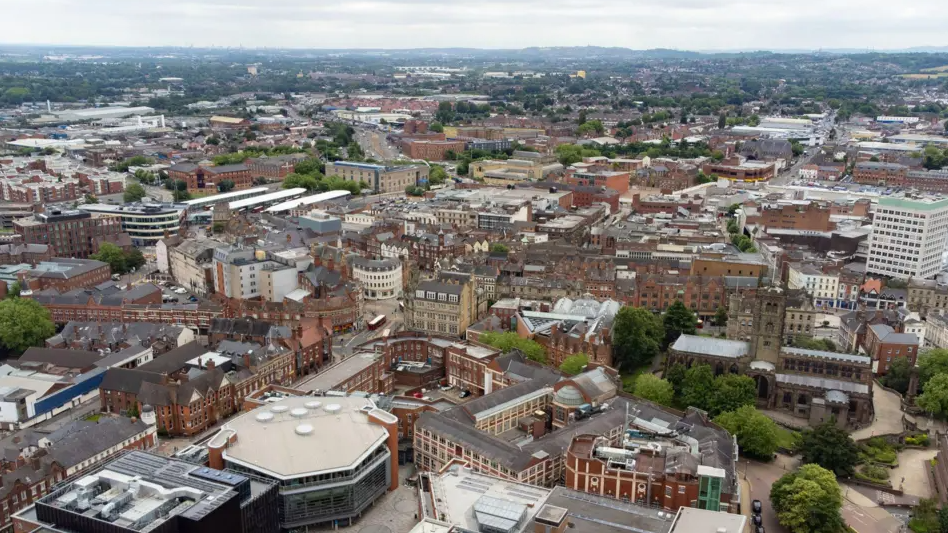
The city is undergoing major redevelopment, which will result in more city centre living
Figures released on Thursday from the West Midlands Growth Company showed the city's visitor economy grew for the second successive year in 2024, attracting more than 10.4 million visitors - a rise of 400,000 compared to 2023.
Wolverhampton City Council said the delivery of more than 4,600 new city centre homes would bring an estimated 16,000 jobs, 11,000 new residents, and inject "over £152m annually into the local economy".
But several established landlords and venues have questioned whether the regeneration work is hurting the night-time economy, with some businesses already struggling due to the cost of living and changing habits.

Wendy Shone has run the Giffard Arms, an "old fashioned rock-and-roll venue" in Victoria Street for 22 years
Wendy Shone, who has run the Giffard Arms in Victoria Street for 22 years, said the loss of traffic on the road had "killed" her trade.
It has also left her feeling unsafe when locking up in the early hours.
"I have to walk down the road for a taxi now and it does make you fear attacks," she said. "I've seen and helped a girl who had been assaulted."
She said the rock-and-roll music venue was well-known, but believed flats were to be built next door and worried about the impact on her offering live music.
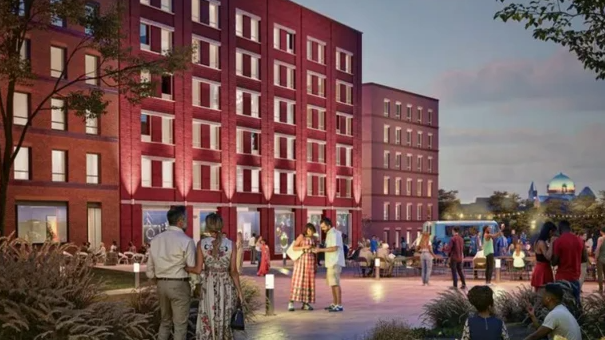
Smithgate will be 1,000 new homes, including affordable homes, and 70,000 square feet of retail, leisure and commercial space
Tyson Leon, owner of TLG Group which operates security for The Hangar and also runs Bank bar and restaurant, said he thought a main area for nightlife in the city would be successful amid all the redevelopment.
"You've got sporadic venues all over the place in the middle of charity shops and all these international shops - you can't just go down one road and have nice restaurants, bars, clubs."
In addition, The Hangar's premises supervisor Nathan Thaker said he wanted a better working relationship with the police licensing team so they worked more in partnership with premises and the council.
In response, West Midlands Police said it was committed to working with licensed premises to keep the public safe, while the council said it considered evidence submitted to licensing hearings on a case-by-case basis.
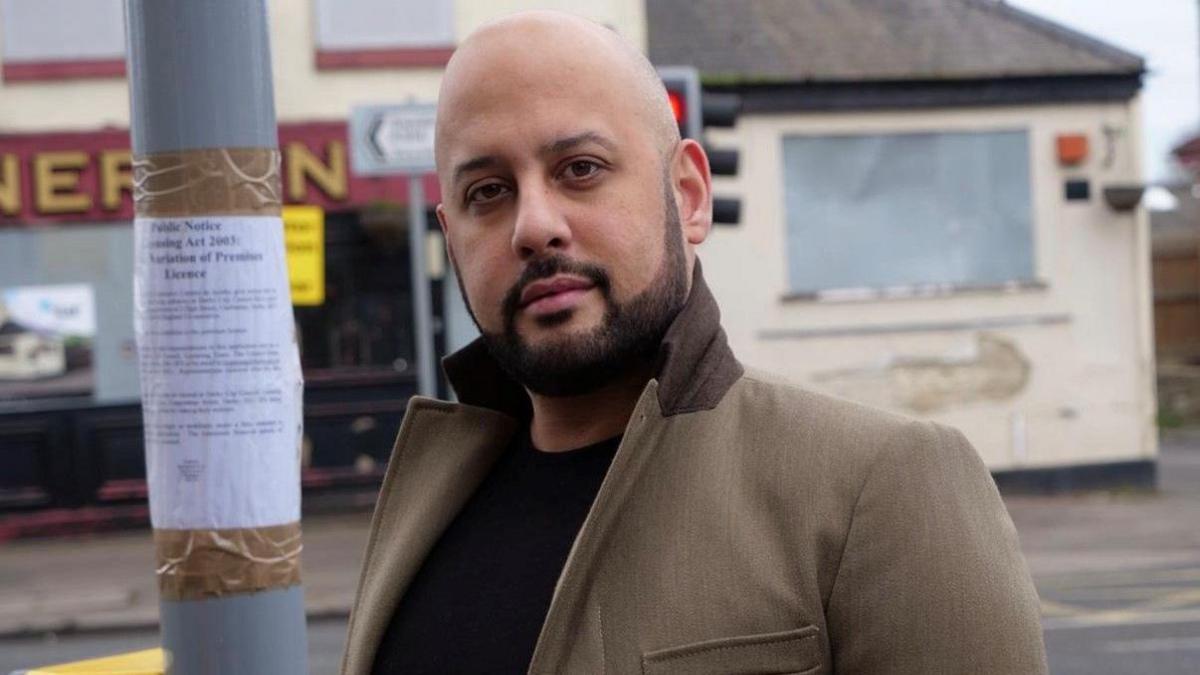
The Hangar's premises supervisor Nathan Thaker said he wanted a better working relationship with the police licensing team
Others said a hike in the cost of parking was "throttling" hospitality businesses.
Shaun Keasey, who operates two nightclubs and two pubs in the city and is chair of Pubwatch, said, while the regeneration was a good thing, "the majority of venues are fuming with the council over the parking charges".
He said prices rose to £15 a day to park in the city centre at the end of last year and £6.40 for four hours was "ridiculous".
"Are you going to come into the city for a lunch and have to pay that out of your budget, or go to a pub elsewhere with a free car park?" he said.
He added he wanted to see a scheme where people could redeem their parking fees against eating in a city centre pub or restaurant.
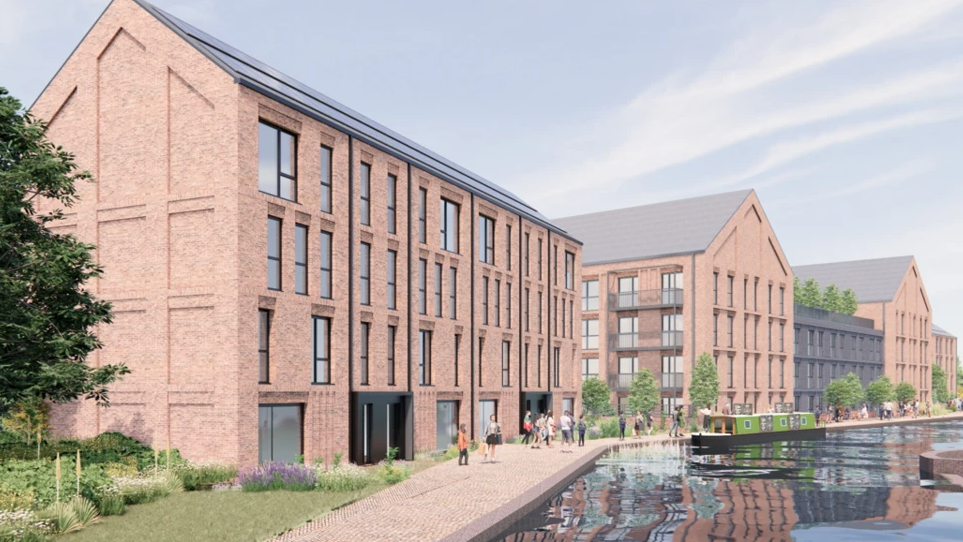
The Canalside South development is on the site of former industrial and canal buildings including a former British Steel plant
In a statement, the council said increasing parking costs had been a "difficult decision" as part of wider financial challenges, and it was the first rise in five years.
It also aligned prices with the vast majority of privately-owned car parks in the city, but was assessing the impact, the spokesperson added.
In April, the council released its Evening and Night-time Economy (ENTE) Strategy, external, which detailed more than a dozen recommendations it said would support hospitality.
Its statement said the strategy would support licensees whose trade had been affected by cost-of-living pressures and changes in younger people's drinking habits.
The spokesperson said the authority was also working hard to attract more businesses, including hospitality venues.
They added the city's "strong entertainment and events offer" included a £2.4m leisure hub recently opened in the Mander Centre, and that the £2m Lockworks Cinema, which opened in July, had 10,000 visitors in its first two months.
Get in touch
Tell us which stories we should cover in Wolverhampton
Follow BBC Wolverhampton & Black Country on BBC Sounds, Facebook, external, X, external and Instagram, external.
Related topics
- Published6 August 2024
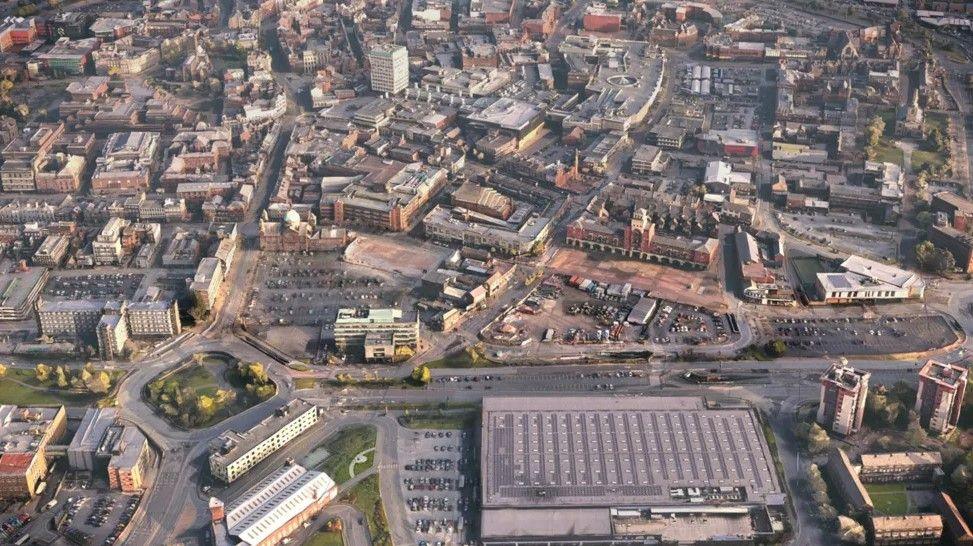
- Published4 March
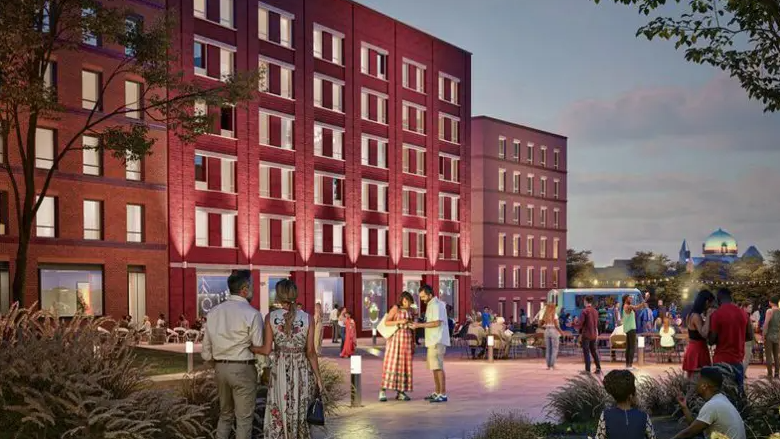
- Published25 September 2024
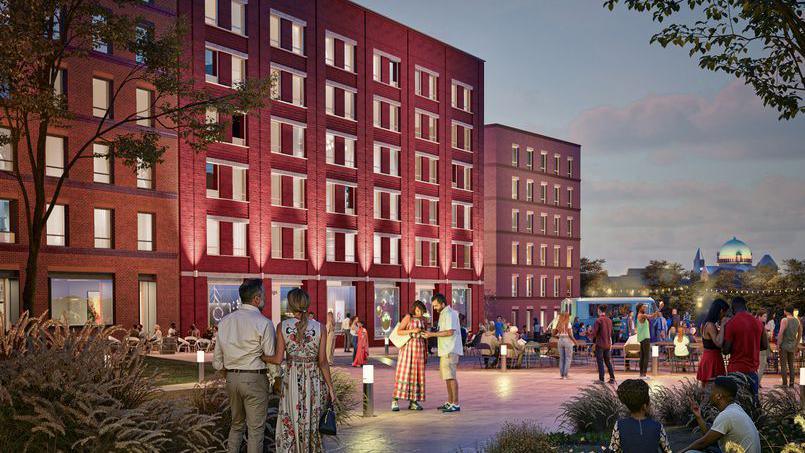
- Published2 February
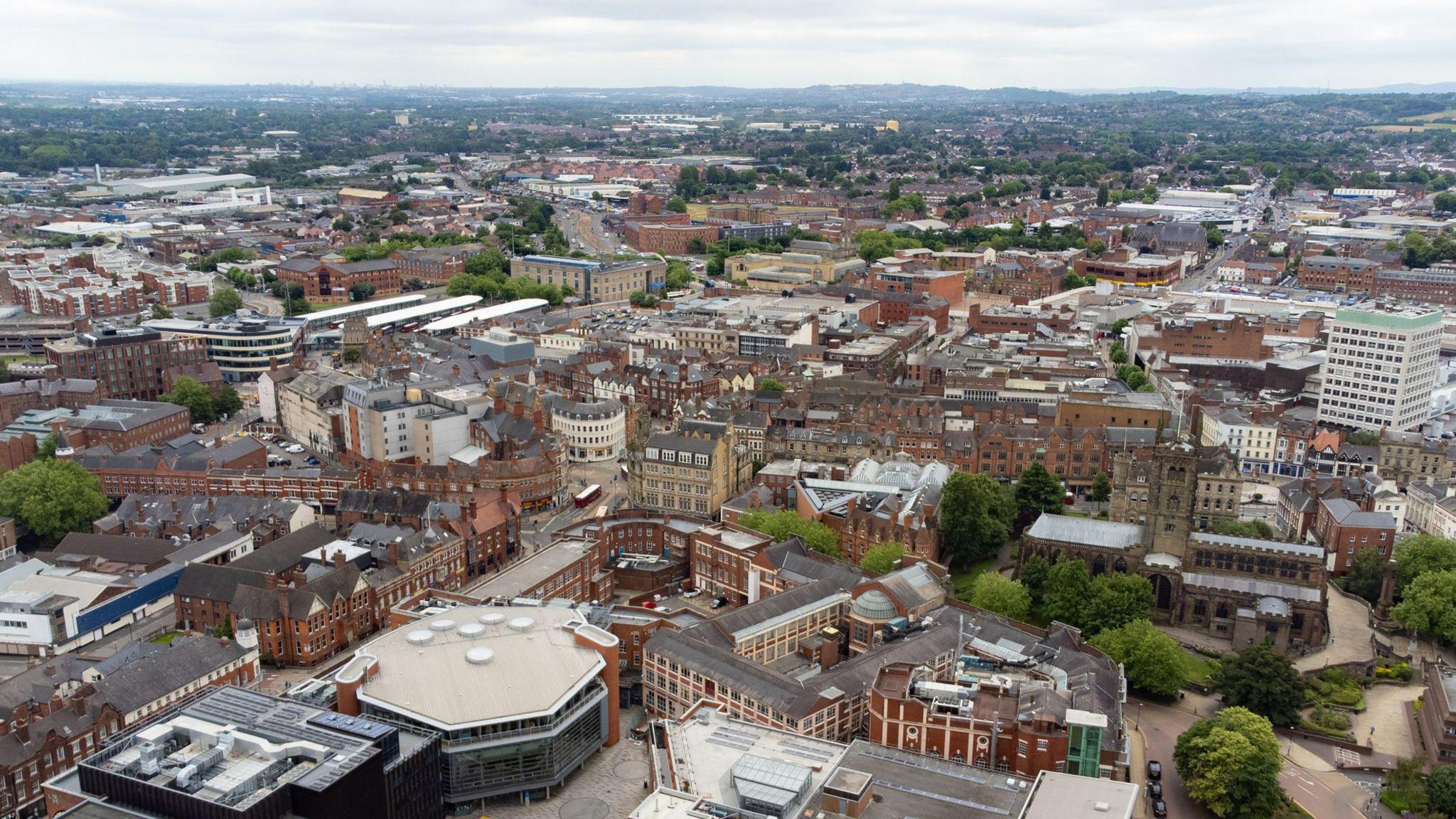
- Published11 July

- Published23 May

- Published9 October
